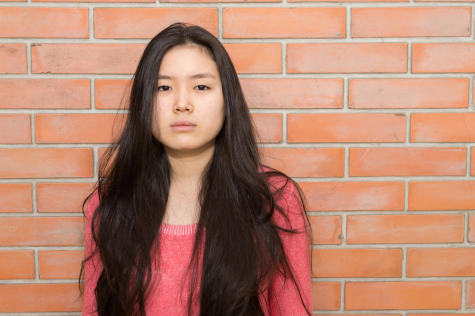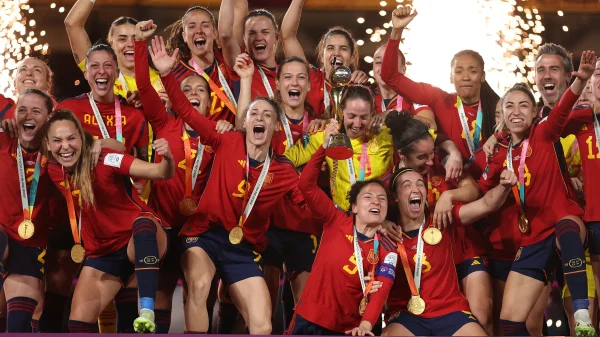Music is invading your iPhone
On March 24, Metronomy launched I’m Aquarius, a mobile app, following the release of its new track with the same name. The app is a game featuring “cosmic wilderness” (as band leader Joseph Mount puts it) and an exclusive remix of the track. Although, to an extent, the game does fit with the song and its videoclip, it’s more of a loud, flashy rip-off of Space Invaders. Nonetheless, they deserve points for effort, as they are giving a copy of their newest album Love Letters to the player who manages to earn the highest score by May 5.
Since the introduction of the iPhone and Apple’s AppStore, the impact of smartphones and applications in the music industry has grown at an exponential rate. Two months ago, Dr. Dre and Trent Reznor released the Beats Music streaming service, an app that offers a dynamic and personal listening experience “designed to resemble a sentient being.”
A few weeks ago, Radiohead launched the Polyfauna app which allows you to teleport to different worlds, including hellish valleys and heavenly fairy gardens, as you listen to a remix of their song “Bloom.” Albeit useless, it’s a lovely experience, which you can download here. Whether for publicity purposes or not, the music industry is taking full advantage of the digital revolution. Damon Albarn made the 2011 Gorillaz album “The Fall” with an iPad, using various music-making apps available in the AppStore.
The impact of the Apple Store, not only in our daily lives, but in the way we make and listen to music, cannot be overstated. Bjork’s Biophilia Kickstarter campaign in 2011 sought to create an album app that would aid music and science education. In spite of its cancellation, projects such as this are an example of the potential behind smartphones and applications in music. For this very reason, many other artists have tackled the mobile market, including The xx, Snoop Dogg, Jay Z, Nine Inch Nails, Lady Gaga, among others.
Perhaps the coolest example of the current relationship between technology and music is Music Hack Day. Created by Dave Haynes and James Darling, this organization travels to different cities around the world creating 24-hour events where programmers, artists, designers, and musicians come together to “conceptualise, build and demo the future of music.” The outcomes are breathtaking. Music meets geekiness in this most beautiful event and you can witness this in the countless projects posted on their website. Some of the most delightful outcomes of this “hackathon” include applications and programs such as the the Infinite Jukebox, the music metric data eggs (a robot which prints the number of hits, fans, and sales for any artist on an egg), and the Notepad (a paper piano).
On a smaller scale, this phenomena is also reaching music at Graded. Created by Pedro Salles Leite, the Zombie Zoo App will soon be available for free in the Apple Store. It features a countdown to the event, as well as additional information, including news, band lineups, and more. Downloading the app also generates your own QR code. At the event, you can show it to the food booth where they’ll scan it and give you a free cup of popcorn!
The way in which music is distributed and accessed is bound to be completely digitalized in the years to come. Having so much available literally a fingertip away opens the door to a completely new world, giving way to new musical experiences. With so many possibilities ahead, the prospects for the future of music are tremendously exciting, if not overwhelming. What will come next? An album that’s an app? QR codes as concert tickets? Live concerts through the Oculus Rift smartphone (or is it a smartphone Oculus Rift)? I can’t wait to see.
Sources: nme.com, new.musichackday.org, npr.org

MC Otani is an Editor in Chief of The Talon. Besides writing, her passions include interpretive dance, tulle, and manatees. She hopes to one day become...





